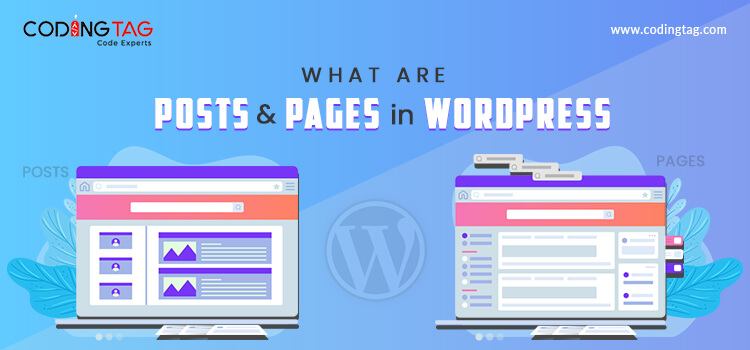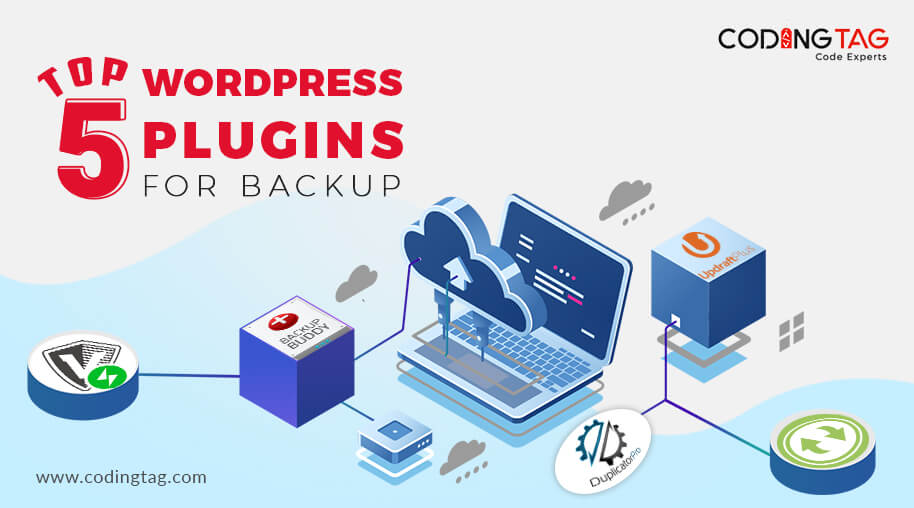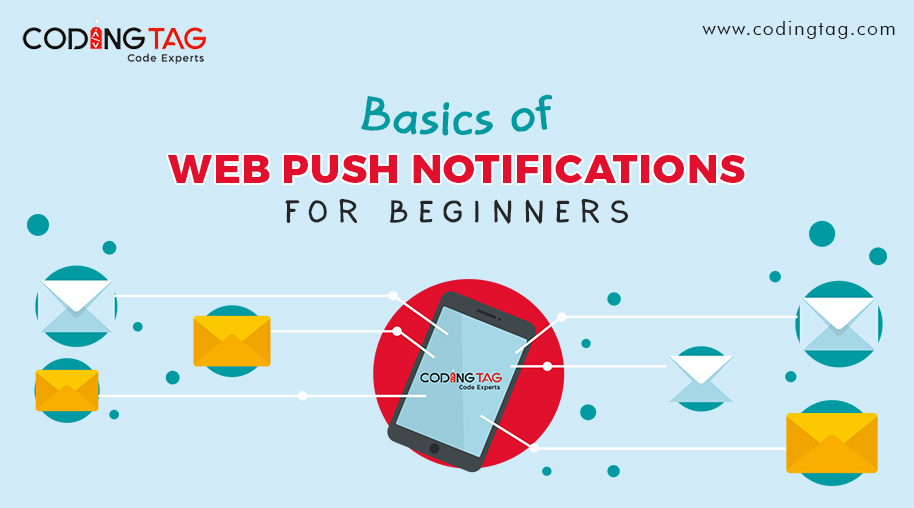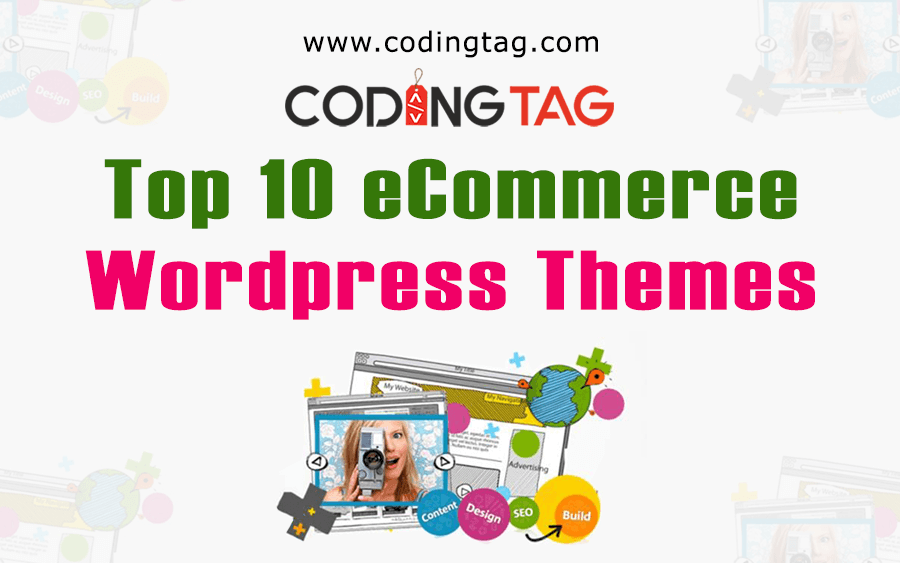What are Posts and Pages in WordPress
0 3519
When it comes to content creation, the use of WordPress is one of the common choices for professional bloggers. This site is excellent for content creation and there isn't any doubt that it is very effective for the purpose of promoting content.
The most common confusion that users have related to WordPress are the two ways that it provides for creating content- Pages and Posts.

As the success of online business majorly depends on how attractive the website of a company is and what measures are taken for the purpose of making it user-friendly.
When you add any new content on your website, you should be aware of the fact that which option will be the best for you; page, or post.
Pages in WordPress
Information cannot be altered
The pages are static. There will not be any kind of changes in the pages till the time you edit them. The examples of pages include the about us page, disclaimers, privacy policy, and other such informational pages.
The database of WordPress has all the details related to the date when the page was published. The pages on WordPress are timeless entities as once you have written the about us page or the disclaimer page, then the changes will be redundant.
However, you can always go ahead and edit these pages if required.
Comments and Sharing Option is not available
In most of the cases, you don't get the option to share the pages or include user comments as you don't require users to write comments on the disclaimer page or any other page that is related to the information of your company.
Hierarchical
It is possible to have sub-pages on a single page. This feature also gives you the liberty to organize different pages together along with the option of the custom template.
It provides you the option to create a template as per the theme that you wish to use.
Simple Page Ordering
You also get the archaic feature in pages. You can customize the order by assigning the number values to the pages. It becomes simple to do this by opting for the option of simple page ordering as it allows you to drop and drag the pages in the way you want them.
Page attributes in Pages:
Parent
This is the tab where you can add a sub-page of another page. You can see the effect of it when you view all the pages on your dashboard. It will not have any impact on the navigation, you can set it up by doing to the option of appearance > menus.
Template
There are different templates for every theme. Archive and blog are two basic templates that you get. The landing page template will remove the header and navigate for creating a new landing page.
Order
This is how you can order the pages. This doesn't have any effect on the navigation menus. As same as the parent option, this is why you will see this on all pages on the dashboard view.
There is an alphabetical order in which they are listed, it is also possible to list them in the way you like.
Related Article: Difference between Posts & Pages in WordPress
Posts in WordPress
Posts are in reverse chronological order
If you use WordPress as a blogger, then you will use the option of posts for the content of your site. Posts are basically the content entries that are listed on the home page of your blog.
They are in reverse chronological order this is why they are timely.
Archived after some time
The old posts get archived as per the month and year. A user has to spend some time in finding the old posts, this is why it is important to organize them as per the tags and categories.
RSS Feeds
As posts are written on WordPress as per date and time in mind, this is why they also get syndicated with the use of RSS feeds. This notifies the readers about the recent post that you write on your WordPress.
Posts are open for comments
The feature of writing comments is there on posts, this is what helps users to put their views about a post. It is also possible to switch off this option for the old posts by going on setting and turning off the comments.

Page attributes in Posts:
Tags and Categories
The option of tags and categories is there for posts, but pages don't have this option. With the use of plugins, you can use categories with pages, however, you will only need them for the posts.
Categories and tags prove a great help for organizing all your posts in a better way along with making it easy for the users to find the content that they are interested in reading.
Excerpt
This option gives you the option of creating a small description of the posts that you write. It can prove a great help, the display of this option depends on the theme you choose.
Send Trackbacks
This option helps you to let other websites on WordPress know that you are discussing them. If you are referring to the blog of a particular blogger, then all you have to do is put the URL of that particular post as this will notify that specific blogger that you are talking about them.

Share:









Comments
Waiting for your comments